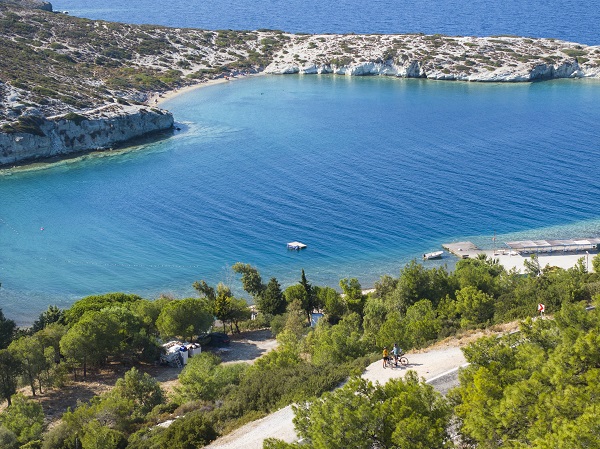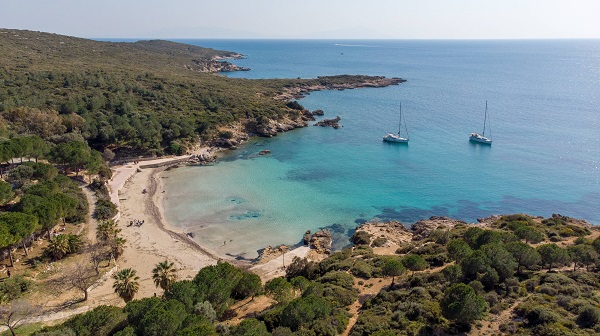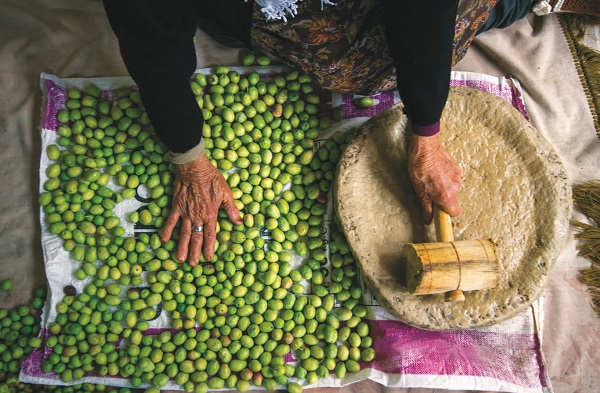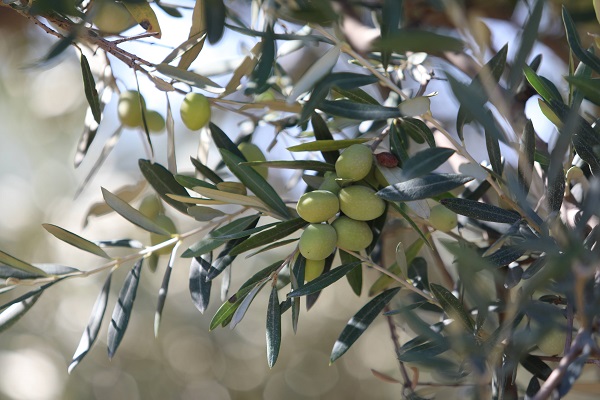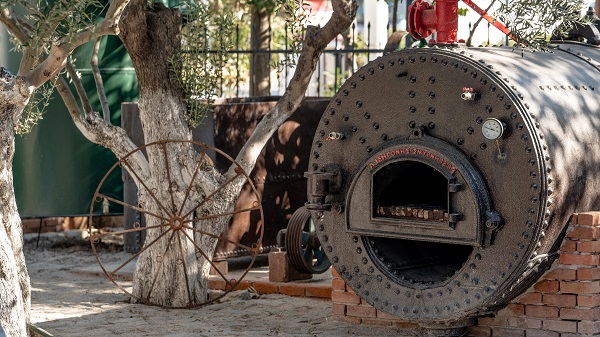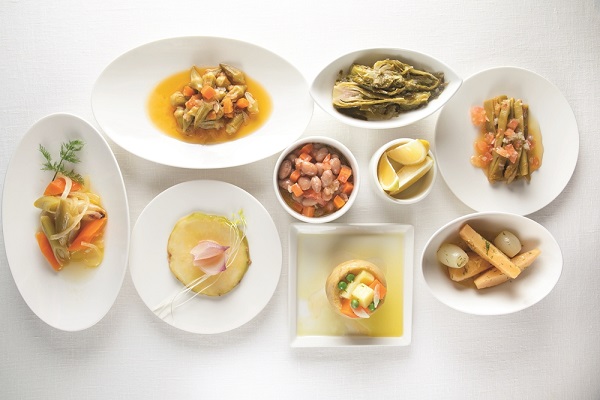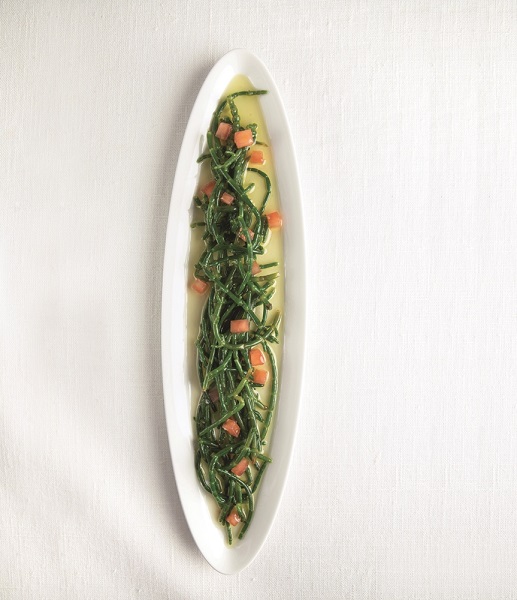With a history almost as old as humanity, olives are more than just a fruit but a way of life in Anatolian lands. Thanks to such deep roots and the Mediterranean climate, Türkiye is a paradise of olive groves today. From the Aegean region to reaching further along the Mediterranean and east into Anatolia proper, every region brims with centuries-old, humble olive trees. However, the standout region for olives is, hands down, the Aegean, home to 75% of the country’s olive trees. During the autumn, the Aegean comes alive with the sights and sounds of the olive harvest, celebrating the region’s fertile lands and enduring heritage, deeply woven into its cuisine and daily life. What about experiencing this timeless tradition first-hand while olive groves in the Aegean once again prepare to bring their miracle to our tables this fall?
The Routes of the Olive Tree: Where to Go
Türkiye, included in the olive routes by the Council of Europe, produces olives in all its regions. Among these areas, the most essential olive production zones are undoubtedly along the Aegean coast. This region sees the highest production in the provinces of Balıkesir, İzmir, Manisa, Aydın and Muğla. The entire Mount Ida region is a prime olive territory. A short visit to the Adatepe Olive Oil Museum in Çanakkale is how the olive route in Türkiye begins. In the first olive oil museum in Türkiye, you can witness the journey of olive oil. Further inland, Balıkesir’s Ayvalık district is another critical centre where olive cultivation is the most widespread agricultural activity. Harvest festivals are great experiences to engage with the locals and taste local delicacies here.
Travelling further down, you can visit the world’s one of the oldest olive trees that still bears fruit in Manisa, Kırkağaç. The 1650-year-old tree was registered as a “monumental tree” in 2013 and placed under protection. İzmir, the pearl of the Aegean, is also considered one of the most important hubs for olives and olive oil in Türkiye. In districts like Selçuk, Seferihisar, Güzelbahçe, Urla, Çeşme, and Karaburun, you can encounter ancient olive trees. A historical surprise awaits you in Urla, a charming district included in the Michelin guide for its farm-to-table restaurants. Also, in the village of Uzunkuyu, the Köstem Olive Oil Museum traces the 4000-year history of olive production.
When venturing southwards to Aydın, the heart of olive groves and some 25 million trees, lies the Oleatrium Olive and Olive Oil History Museum in Kuşadası. After learning about the history of olive in these lands, you can reach another holiday paradise, Muğla. The district, Milas, holds a significant share in olive production. It is believed that olive trees existed in Milas as far back as 8,000 years ago. You can sample high-quality olives and olive oils during the Milas Olive Harvest Festival.
A Centuries-Old Ritual: Olive Harvest
The olives, which start blossoming in June and continue growing until summer’s last days, become ready for harvest with the autumn days. The time-honoured tradition of olive harvest brings together families, communities, and visitors to partake in this centuries-old practice, celebrating the fruit central to the region’s culture and cuisine. The harvest starts with picking olives. In Aegean, the locals generally stick to the centuries-old handpicking tradition, as it not only preserves the quality of the olives but also fosters a deep connection to the land and the labour involved. Then, the handpicked olives are separated as “table olives”, “olives to be pressed as olive oil”, and “ground olives”, referring to those that have fallen off the branches.
From Branches to Tables: Miracle of Olive Oil
Olives’ journey to turn into oil is another unique adventure. Once harvested, olives are immediately taken to local mills or factories, where they are pressed and bottled to produce high-quality olive oil, a staple of healthy Aegean cuisine. Bottled after pressing, olive oil plays a central role in Aegean cuisine, enhancing the flavours of dishes. The miracle of olive oil, essential for living a long and healthy life, can be included in every meal of the day in the region. While olive oil flavoured with seasoning is often served at breakfasts for dipping bread, regional herbs like blessed thistle (şevket-i bostan) and samphire (deniz börülcesi) and vegetables, such as artichokes and zucchini flowers, are cooked with it, creating simple yet healthy and flavourful dishes that highlight the fresh ingredients. Moreover, salads with the delicious dressing of olive oil, vinegar, or lemon are served with every meal.
///nCa, 27 September 2024 (in cooperation with the Embassy of Türkiye to Turkmenistan)

